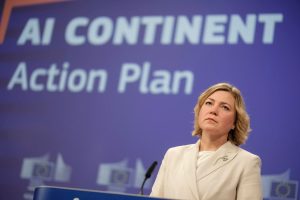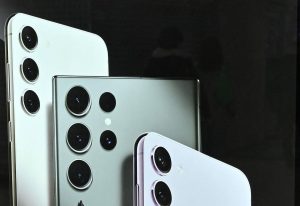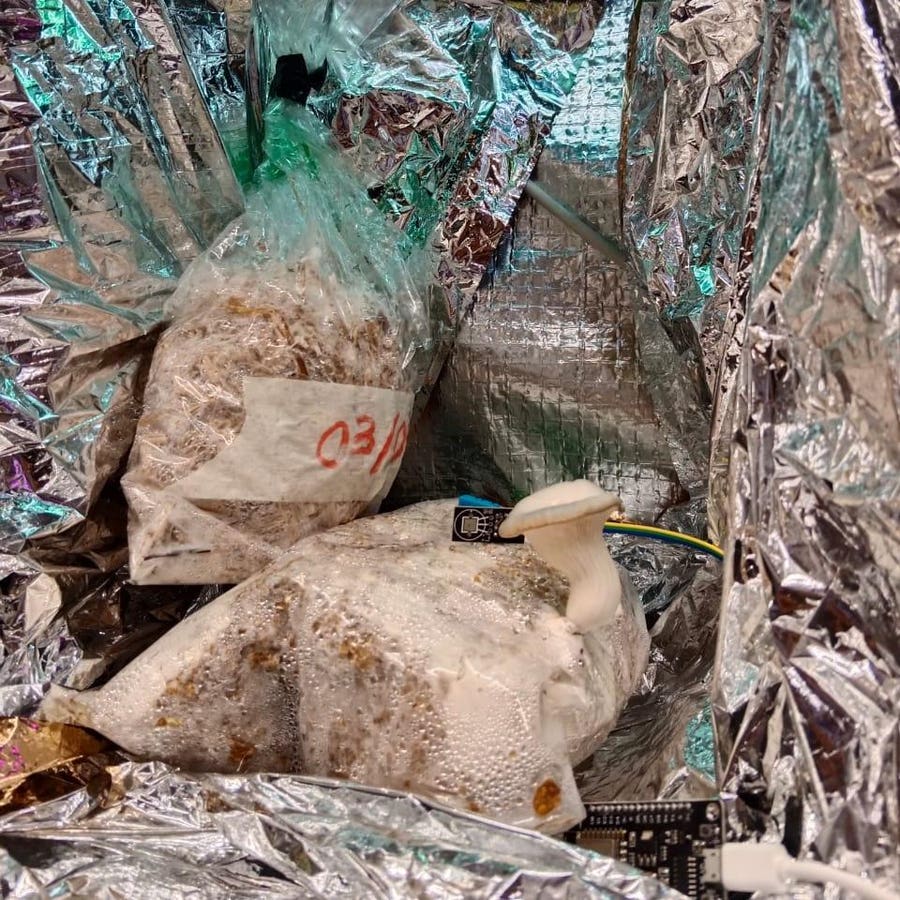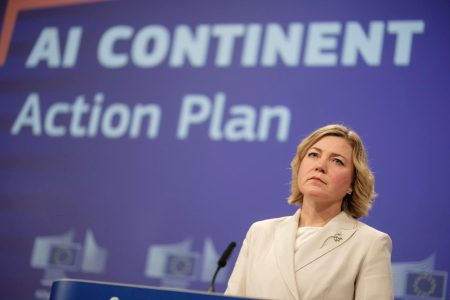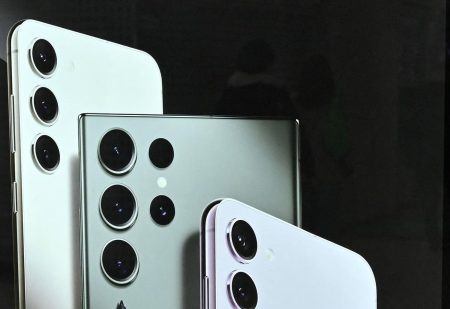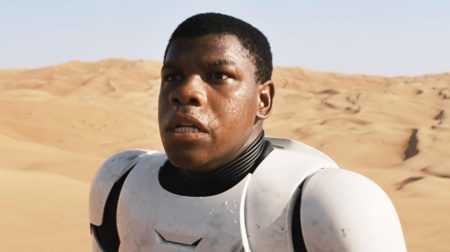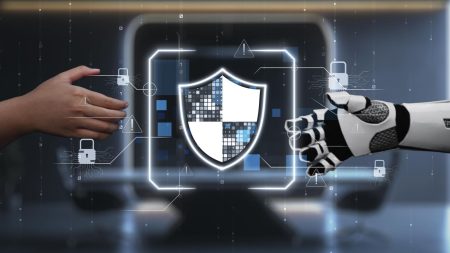A 19-year-old Colombian mechatronics prodigy has applied her talents to a edible mushroom project that could help future astronauts avoid vitamin D deficiency.
Daniela Osorio “Dani” Payán, an analog astronaut and Mechatronics Engeering student at the Universidad Autónoma de Occidente in Cali, Colombia explains that she’s part of a research team of analog astronauts called Tachi Umada, which means “Our Sun” in Colombia’s indigenous Embera language.
At the the European Space Agency – Analog Astronaut Training Center, ESA-AATC, located in Krakow, Poland, the team grew a strain of mushrooms native to Colombia by using organic solar cells and automated systems, simulating conditions in space.
“I developed an automation system that allows monitoring mushroom crops in real time from any device, while designing intuitive graphics that are understandable enough for anyone, even without mycology experience, to detect potential risks in the crop,” she says, “This advance not only simplifies the lives of astronauts, but also significantly reduces the risk of extravehicular activities (EVA).”
The hope is that future astronauts in space or Mars would be able to eat the mushrooms, a rich source of vitamin D, to address one of the most pressing challenges astronauts face: bone wasting and nervous system regulation, exacerbated by their limited exposure to Earth-like sunlight.
To test out their project, the team was subjected to training similar to that given to astronauts.
“That week without communication, in a space-spec environment, gave us a unique experience as analog astronauts,” Payan says, adding that the team tested their bodies by immersing in simulated micro-gravity environments, protocols for extravehicular activities and much more.
“Our bodies and minds adapted to the extreme conditions, and we came away with a deep understanding of what it means to be an analog astronaut,” she says.
Head Over Heels For Robotics
Payan was born and raised in Cali in the south of Colombia and says that her life changed at the age of ten when a visitor arrived at her school with the promise of extracurricular courses for young people with potential in innovation and mathematics.
“She mentioned several options, but my attention was focused on a single word: robotics,” Payan says adding that at the time, her knowledge of robots was limited to what she’d seen in science-fiction movies.
“I did everything in my power to get into that program and learn and it was in the process that I fell head over heels in love with robotics,” she says.
Years later, this determination led her to collaborate with a colleague on a organic solar cell research project at the Julich Germany Institute, during which she was offered a staff position.
Those solar cells ended up as part of the project that took her to analog astronaut training in Poland.
Payan, who also facilitates workshops about space science for young Colombians from all walks of life, says that the importance of Global South Science lies in its focus on human well-being and equity.
“As Global South scientists, our research is not simply an intellectual exercise; it is a call to action and a promise to build a more just world.”
Another Aspiring Astronaut
Another Colombian aspiring astronaut is Ivanna Hernandez.
It was that passion which landed her the opportunity in October 2019 to experience microgravity on a parabolic flight of Canada’s National Research Council (NRC) Falcon-20 aircraft, as part of the PoSSUM microgravity challenge.
She took two student space experiments from Colombia with her: her own and one from students in La Guajira, Colombia.
“Floating in microgravity feels exactly like falling into a vacuum and when you’ve been floating for a few seconds it’s like being in the water, but without the resistance it gives you,” she says.
Read the full article here
